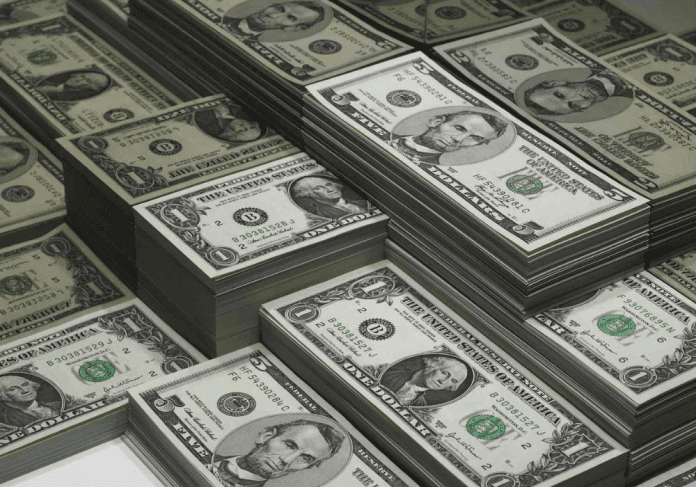News in brief: The US has failed to raise its debt ceiling, which means that it is not able to pay off its debt. Experts say that it could enter default as early as June, find out what this could lead to?
United States of America President, Joe Biden, has failed to convince Kevin McCarthy, Speaker of the House, to raise the country’s debt ceiling. The Republican-controlled House of Representatives have to agree with the Democrat-controlled Senate for the debt limit to be raised.
McCarthy had a meeting with Biden on Tuesday about a solution but the speaker already made his thoughts on short-term increment clear before the sit-down. After the meeting, Biden claimed that it was ‘productive’ while McCarthy was less enthusiastic.
He blamed the president for waiting for too long to have the discussion and said that what he saw proved that the White House had no plan B if its bid to raise the limit did not succeed.
According to a Business Insider coverage, McCarthy wants the government to raise the debt limit by $1.5 trillion or through March 2024. He, passing along the Republican’s wishes, also wants $4.5 million in spending cuts. Meanwhile, the White House wants to avoid debt default while not allowing the House hold it ransom using the debt ceiling discussion.
Experts are saying that without raising the debt limit, the US may start defaulting on debt as early as June. While it is not unprecedented in the country’s history, Biden has said that this happening during his administration is not an option. The US entered default briefly in 1979 because of an accidental cheque processing issue, according to a BBC article.
What happens if the US defaults on debt?
Typically, if a country is not able to pay the principal and interest payments due on its debts, creditors can take legal action to recover their money. They could even seize the country’s assets if it came to that. The US has a debt limit of $31.4 trillion and it reached it January 19 2023.
A less dramatic outcome of debt default on America could be ruining its credit rating, making it harder to borrow in the future. Also, it could lead to penalty rates for future credits which makes it harder to improve output for years. Recession and reduced confidence in businesses within the country could also follow.
Bipartisan Policy Center director of economic policy, Shai Akabas, added:
“If a solution is not reached before June, policymakers may be playing daily Russian Roulette with the full faith and credit of the United States, risking financial disaster for their constituents and the country. Even now, the looming deadline is raising costs to the government, and therefore to all taxpayers.”
In the 2010s, several countries have defaulted on debt including Argentina, Ecuador, Venezuela, Ukraine, and Greece. A common tactic to resolve the problem is debt restructuring; exchanging old bonds for new ones. The outcome if the US defaults on debt is not clear because it has never happened. However, it is clear that if it does happen, its creditors would incur huge losses.



